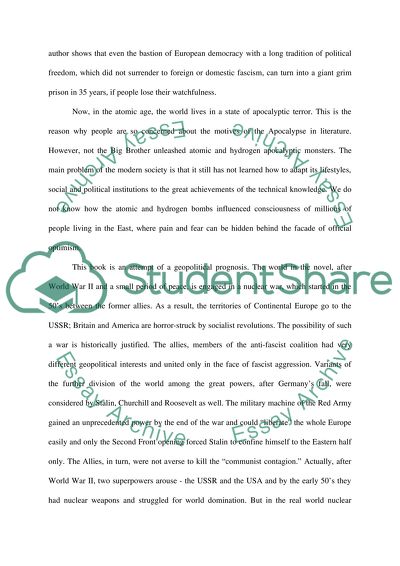Cite this document
(“War and the Threat of External Violence Essay Example | Topics and Well Written Essays - 1500 words”, n.d.)
Retrieved from https://studentshare.org/english/1425867-war-and-the-threat-of-external-violence
Retrieved from https://studentshare.org/english/1425867-war-and-the-threat-of-external-violence
(War and the Threat of External Violence Essay Example | Topics and Well Written Essays - 1500 Words)
https://studentshare.org/english/1425867-war-and-the-threat-of-external-violence.
https://studentshare.org/english/1425867-war-and-the-threat-of-external-violence.
“War and the Threat of External Violence Essay Example | Topics and Well Written Essays - 1500 Words”, n.d. https://studentshare.org/english/1425867-war-and-the-threat-of-external-violence.


